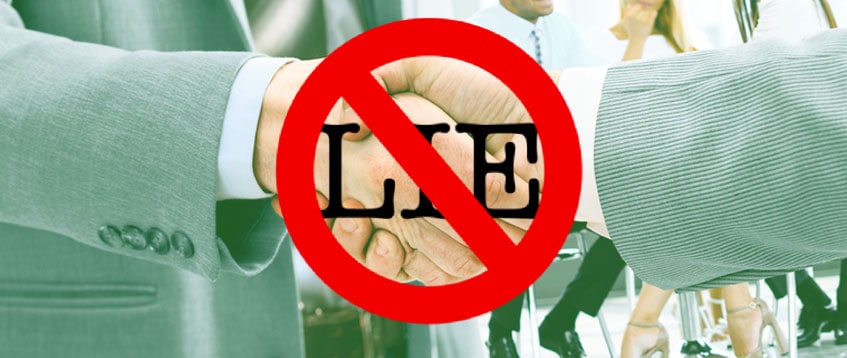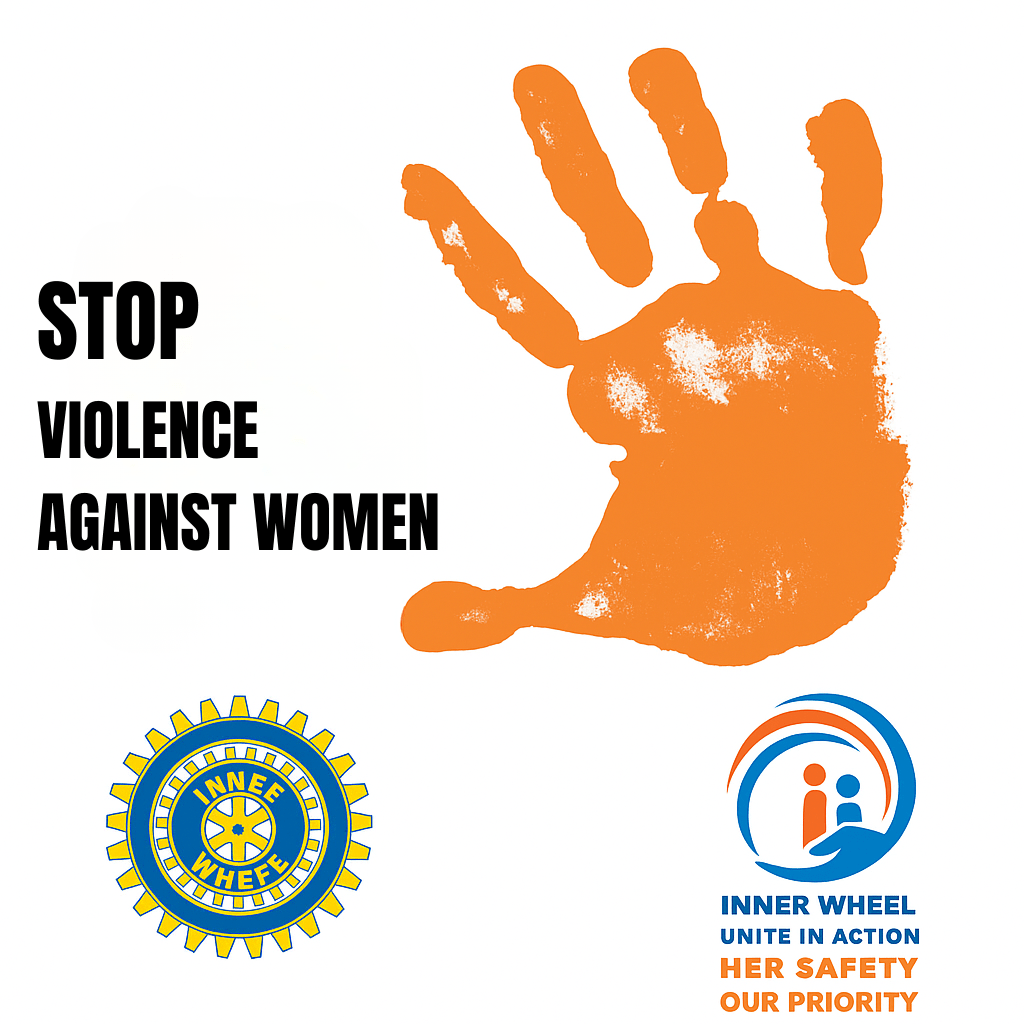After a long career in sales I have had many conversations about the reasons for my success, many underpinned by an assumption from the other party that there is something a bit shady and dishonest about selling into healthcare. There is an assumption that people who achieve high sales are prepared to do anything to make a sale: lie, cheat, and even less savoury suggestions (being a woman).
Let me be honest. Firstly, I confess, I will do anything to make a sale that is the right thing to do. I have been known to drive junior doctors to clinics in other hospitals when their cars break down, make a perfect cup of coffee in the tea room, remember the names of people’s children – their successes and challenges (“how was the recital/rugby match/first day at school?”), I have helped staff navigate benefits systems when family members are seriously ill, helped source home adaptations, brought in spare mugs from my kitchen when the tea room is short, been a typist to make sure SOPs are up to date, and support the writing of peer reviewed material unconnected with my product. I want to be a part of the team, and I only sell products that improve lives, so if I help people with their day, at some point I hope they’ll help me with mine.
I do not lie. Before representing any product I research it, the evidence, data and the competition. If it improves lives, if it is a better option for patients I will sell it.
There is nothing wrong or underhand in improving availability of products and services that improve the lives of patients and healthcare practitioners. A good salesperson can impact on the lives of hundreds or thousands of people who won’t even know they exist. I am proud to be able to say that this is the basis of my career.
So to the 8 reasons for never lying – lists with a number attract more readers – so got you there, but here goes;
-
1. Not many people are expert liars, your language, verbal and non-verbal will give you away. You start to display distress signs, touching your face, closing down your physical movements, stammering or finding it hard to answer questions. This does not give customers confidence.
2. This is healthcare – evidence based medicine- at some point your statements will have to be supported with evidence. You will always be found out.
3. If this is a new product to a hospital some committee somewhere will ask for evidence, and a clinician has back the approval process, based upon what you have told them– don’t make your customers look foolish for believing you. It will not end well.
4. Give incorrect information and real people could suffer, patients with mothers, fathers, husbands and wives. There may have been an alternative treatment that could have made their lives better and/or longer.
5. When a clinician takes your advice they are reliant on you being truthful in order to preserve not just their reputation, but the belief and trust of their patients. Any clinician will tell you how important it is that a patient believes in their doctor, not just for compliance but for the physical impact that positive belief can have on health outcomes.
6. Lying is a breach of ABPI/ABHI regulations, you are risking not just your job but your whole career, and your company’s registration. If your company is not registered, you risk the company’s reputation and good will.
7. From arriving on patch, to seeing the impact of your time spent with customers generally takes a minimum of 6 months for each account. This is not about one-off sales, you will often sell many different products over many years over the same geography, unless you intend moving house regularly. Relationships are built over time, and cemented with trust, a single lie can mean you are locked out of an account for years.
8. Customers like honesty, the biggest compliment I received from a customer was when they sought out management from the company I was working at in order to tell them I was the best salesperson they had ever met. Why? Because when asked about efficacy compared to a particular competitive product I said “I can’t tell you if the product is better than X because there is no published, peer reviewed, randomised, comparative trial data. There is some suggestive evidence, but it isn’t statistically significant. However, I could ask our clinical team if they can research this question and give you a more definitive answer”. Do you think this doctor would listen to what I had to say in future? Of course he would.
I hope you found this post useful and informative. While you’re here why not browse the rest of our website and see if there is anything we can help you with.




